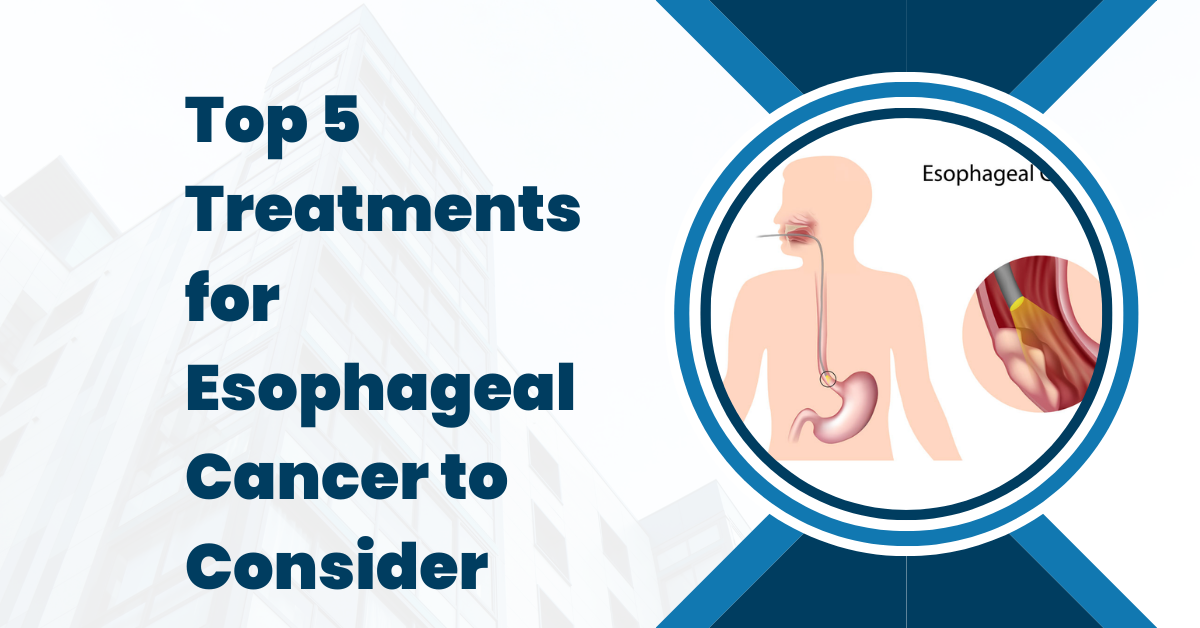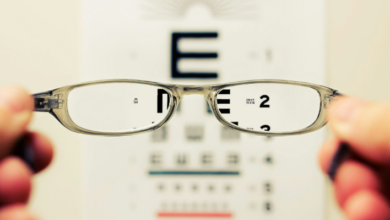
Top 5 Treatments for Esophageal Cancer to Consider
Esophageal cancer affects thousands of people each year. Finding the right treatment is crucial for improving survival rates and quality of life. This blog will explore the top five best treatments for esophageal cancer. We will break down each treatment, explain how it works, and discuss its benefits and potential risks.
1. Surgery
Surgery is one of the most common treatments for esophageal cancer. It involves removing the cancerous part of the esophagus and, in some cases, nearby lymph nodes or other tissues. Surgery can be a primary treatment or part of a combination approach with other treatments like chemotherapy or radiation.
Types of Surgical Procedures
There are several types of surgeries used to treat esophageal cancer:
- Esophagectomy: This is the most common surgery for esophageal cancer. It involves removing part or all of the esophagus and reconnecting the remaining part to the stomach.
- Endoscopic Mucosal Resection (EMR): This minimally invasive procedure removes small cancerous areas from the lining of the esophagus using an endoscope.
Note – If you or a loved one is facing esophageal cancer, it’s essential to explore the best treatment options available. Dr. Ali Al Dameh specializes in Esophageal Cancer Best Treatment and offers personalized care plans tailored to each patient’s unique needs. With his expertise and compassionate approach, Dr. Al Dameh can guide you through every step of your treatment journey, ensuring the best possible outcomes. Don’t wait—reach out today to schedule a consultation and take the first step towards a healthier future.
Benefits and Risks
Benefits:
- Potentially curative if the cancer is detected early.
- Removes the tumor, which can relieve symptoms like difficulty swallowing.
Risks:
- Complications from surgery, such as infections or bleeding.
- Recovery can be lengthy and challenging.

2. Radiation Therapy
Radiation therapy uses high-energy rays to kill cancer cells or shrink tumors. It is often used alongside other treatments like surgery or chemotherapy to increase effectiveness.
How Radiation Therapy Works
Radiation therapy targets the esophageal cancer cells with precise doses of radiation. The goal is to destroy cancer cells while minimizing damage to surrounding healthy tissue. This can be done externally with a machine directing radiation at the esophagus or internally by placing radioactive material near the cancer site.
Benefits and Risks
Benefits:
- Can shrink tumors, making surgery easier.
- May relieve symptoms such as pain or difficulty swallowing.
Risks:
- Side effects like fatigue, skin irritation, and sore throat.
- Potential damage to nearby organs like the lungs and heart.
3. Chemotherapy
Chemotherapy uses powerful drugs to kill cancer cells or stop them from growing. It can be used before surgery to shrink tumors or after surgery to kill any remaining cancer cells. Sometimes, it is combined with radiation therapy for a more comprehensive approach.
How Chemotherapy Works
Chemotherapy drugs travel through the bloodstream to reach cancer cells throughout the body. These drugs interfere with the cancer cells’ ability to grow and divide, ultimately leading to their death. Because chemotherapy affects both cancerous and healthy cells, it can cause various side effects.
Benefits and Risks
Benefits:
- Can reduce the size of tumors, making other treatments more effective.
- Helps kill cancer cells that may have spread beyond the esophagus.
Risks:
- Side effects like nausea, vomiting, hair loss, and increased risk of infections.
- Fatigue and weakness are common during treatment.
4. Targeted Therapy
Targeted therapy is a newer type of cancer treatment that focuses on specific molecules involved in the growth and spread of cancer cells. This approach aims to attack cancer more precisely, causing less harm to normal cells.
What is Targeted Therapy?
Targeted therapy drugs work by identifying and blocking specific targets that are crucial for cancer cell survival. These targets are usually proteins or genes that help cancer cells grow, divide, and spread. By blocking these targets, the therapy can slow down or stop the progression of cancer.
Benefits and Risks
Benefits:
- More precise than traditional chemotherapy, leading to fewer side effects.
- Can be effective for cancers that do not respond well to other treatments.
Risks:
- Side effects can include skin problems, high blood pressure, and fatigue.
- Not all patients respond to targeted therapy, and it may not be suitable for everyone.
5. Immunotherapy
Immunotherapy is a treatment that helps your immune system fight cancer. It has shown promise in treating various types of cancer, including esophageal cancer, by enhancing the body’s natural defenses against cancer cells.
How Immunotherapy Works
Immunotherapy uses substances made by the body or in a laboratory to boost the immune system. These substances help the immune system recognize and attack cancer cells more effectively. There are different types of immunotherapy, including checkpoint inhibitors, which release the brakes on immune cells, allowing them to attack cancer cells.
Benefits and Risks
Benefits:
- Can provide long-lasting responses and improve survival rates.
- Often has fewer side effects compared to traditional chemotherapy.
Risks:
- Side effects can include immune-related issues, such as inflammation of organs.
- Not all patients respond to immunotherapy, and some may experience severe reactions.
Conclusion
Choosing the right treatment for esophageal cancer is a critical decision that depends on various factors, including the stage of cancer, the patient’s overall health, and personal preferences. Surgery, radiation therapy, chemotherapy, targeted therapy, and immunotherapy each offer unique benefits and come with their own set of risks. Consulting with a healthcare team can help determine the best treatment plan tailored to individual needs.
Understanding your options empowers you to take an active role in your treatment journey. Remember, early detection and a comprehensive treatment approach can significantly improve outcomes. Stay informed, seek support, and work closely with your medical team to navigate through this challenging time.
For more insightful articles related to this topic, feel free to visit kacmun.com



